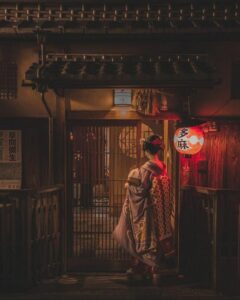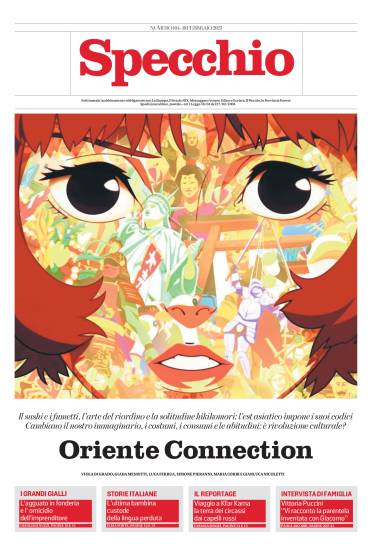What image does a Westerner and more precisely an Italian have of Japan, of its culture, of its history, of its social and artistic structure and of all that pop scene that intrigues so much?
On the insert of “La Stampa – Specchio” on Sunday 19 February, a service is dedicated to the Eastern panorama, entitled “Oriente Connection”; an interesting analysis which however is superficial, or rather a description of what the general public knows or wants to hear. So what do we know? The Samurai, the Geishas, the Hokusai Wave, the cherry blossom, the sushi, the director Kurosawa, the writers Murakami Haruki, Banana Yoshimoto or the mangaka Hayao Miyazaki, the anime and manga…. images that have invaded our homes, our culture but many times they are stereotyped representations without knowing the true meaning, so much the author of the article compares it with Zen philosophy, arrived in one form and over time transformed into another .
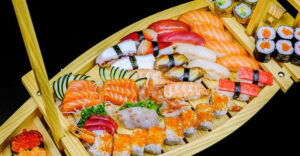
It seems to me that over the decades the idea of the Land of the Rising Sun that we have come up with hasn’t had much progress, we are interested but limited to a certain sphere, six in the early 80s, the invasion of Japanese cartoons, purchased from the first private broadcasters to fill the schedules at low costs, were the stone of the scandal considered the fruit of the creation of computers and later persecuted with unjustified censorship, eliminating any reference to sexuality and their culture, today, many limit themselves to going to eat “all you can eat” sushi, a dish that is not always eaten in Japan, is a bit like baked pasta in Italy, braised in Barolo, or rather special dishes for festive moments. As their dishes are many and varied and not limited only to sushi but unfortunately only the latter has made its way into the Western concept.
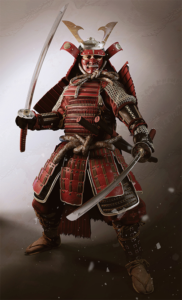
Culture evolves and also, thank goodness, a part of the public wants to have other notions, so they got to know who the Hikikomori are or concepts such as Ikebna, Ikigai, Kintsugi … the interest of Japan had already arrived in Europe at the end of the 19th century and the beginning of the 1900s , its exotic, mysterious effect had fascinated and brought them closer, starting important artistic-cultural exchanges.
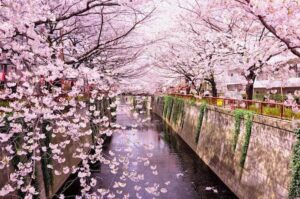
A country that by mixing tradition and innovation with the end of the last century and the beginning of the new, has given life to a new interest but which too many times is limited to the superficial and leaving out very profound aspects that go beyond appearances.
